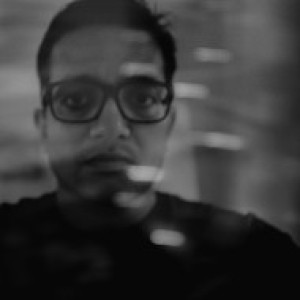Sunken
It becomes difficult. It becomes difficult after reading Max Morden's ruminations, when he comes back to Cedars cottage in Ballyless upon the passing of Anna. He reconciles himself with her death in the only way great tragedy can be reconciled with - by confronting, no dissecting oneself, as if with a surgeon's cold scalpel. He goes back to portions of his childhood, to events that shook him, almost devoid of witnesses, when the world habitually "shrugged with indifference." Free, that is a quality of the writing. The uncanny nature of grief is laid bare. It runs like an invisible current directing the almost soliloquy of a novel. Understated, subtle and yet loud enough for all who can hear. The language, though vexing at times is delicious with an addictive aftertaste.
And then, reading David Lurie, man of passion, of conviction and poetry confronted with an increasingly bleak reality and the strange kind of dignity awaiting him when there is nearly none. And his relationship with his daughter, their choices (in the most telling sense of the word) that bring them to odds with one another, the almost apocalyptic nature of the political situation in South Africa and above all great insight into the workings of what we easily call Fate.
Both books with highly actualized characters, fallible yet utterly human, dabblers perhaps and yet, so very alive. Poor art, on the other hand takes the liberty of making sweeping generalizations, casting a gale of stereotypes upon us, which often under a spell of nostalgia we easily devour. I just cannot continue reading about a young Briony Tallis, of compulsive disposition, writing plays about love and so forth to impress an older brother. But the gap the previous two have left behind seems to only get larger. It becomes difficult.
- 2
- 0
- Nikon D90
- 1/100
- f/2.2
- 50mm
- 200

Comments
Sign in or get an account to comment.


